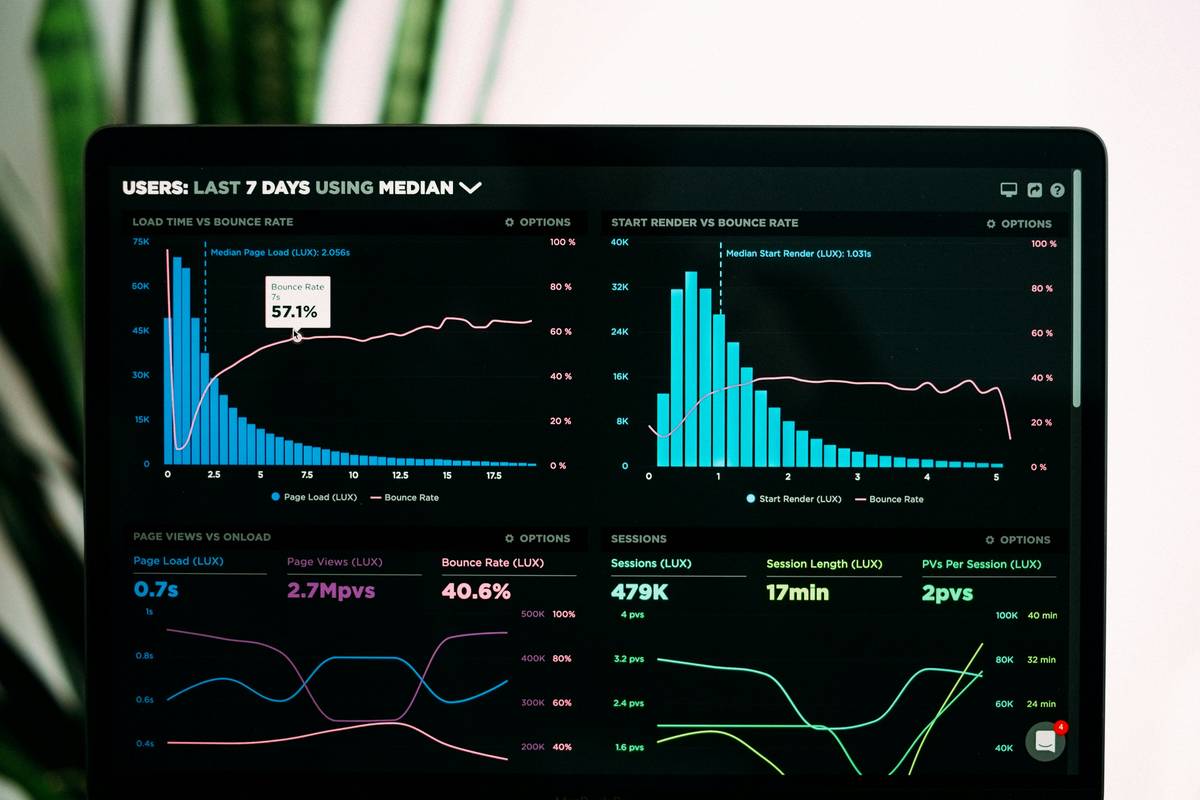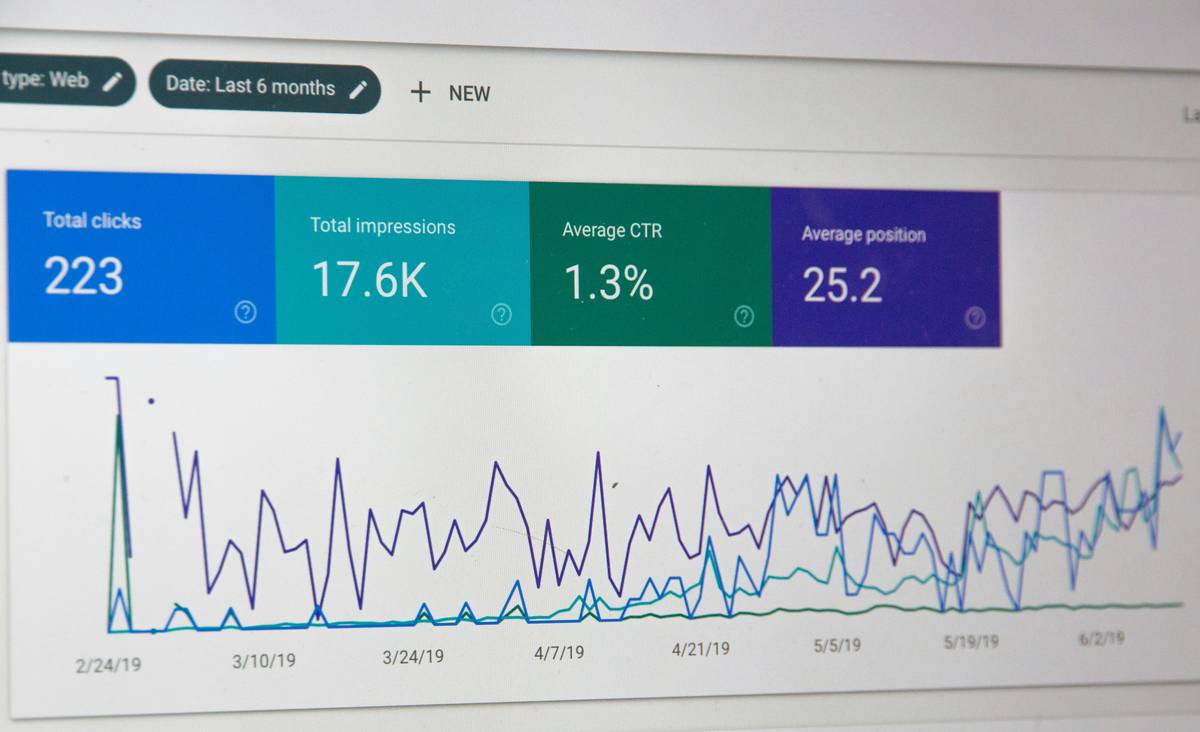Ever stared at your analytics dashboard, wondering why your posts are getting crickets instead of comments? Yeah, same here. Let me tell you about the time I posted a “Throwback Thursday” photo that got one like—only to realize it was from my mom. Ouch.
In this post, we’ll explore how using an engagement tracker can transform your social media game. You’ll learn:
- The importance of tracking engagement metrics (and why guessing doesn’t cut it)
- A step-by-step guide to setting up your own engagement tracker system
- Best practices for improving engagement through data-driven decisions
- Real-life success stories (and epic fails)
Table of Contents
- Key Takeaways
- Why Does an Engagement Tracker Matter?
- Step-by-Step Guide to Setting Up Your Tracker
- Tips on Using Your Engagement Tracker Effectively
- Examples & Case Studies: Learning From Others
- FAQs About Engagement Trackers
Key Takeaways
- An engagement tracker is essential for understanding what content resonates with your audience.
- You don’t need expensive tools; free platforms like Google Analytics and native insights work wonders.
- Consistency beats perfection—post regularly, analyze often, tweak strategically.
Why Does an Engagement Tracker Matter?

No, really—why does it matter? Imagine throwing darts blindfolded and hoping they’ll hit the bullseye. Sounds ridiculous, right? That’s exactly what posting without an engagement tracker feels like.
I once used #TravelGoals for a gym selfie. The algorithm gods didn’t forgive me, and my organic reach plummeted faster than a bad TikTok trend. A solid tracker would have flagged that error before it spiraled into awkward silence.
Grumpy Me: *’Ugh, tracking sounds tedious.’*
Optimist Me: *’It saves hours by showing EXACTLY what works!’*
Here’s the dealbreaker stat: Brands that actively track their engagement see a 50% higher ROI compared to those who wing it. Feeling convinced yet?
Step-by-Step Guide to Setting Up Your Tracker

Step 1: Choose Your Tools Wisely
Before you dive in, pick a platform. Native tools like Instagram Insights or Facebook Analytics are great starters. For pros, Sprout Social or Hootsuite amps things up.
Step 2: Define Key Metrics
Focusing on vanity numbers like followers is tempting, but real growth comes from:
- Likes/Reactions
- Comments
- Shares
- Click-through rates (CTR)
Step 3: Create Weekly Reports
Set aside 30 minutes weekly to review trends. Use Excel sheets or automated dashboards—it’s chef’s kiss for keeping tabs.
Tips on Using Your Engagement Tracker Effectively

- Don’t Overcomplicate: Stick to a few core metrics initially.
- Test, Tweak, Repeat: Post different formats—videos, carousels, etc.—then check which performs best.
- Avoid This Terrible Tip: Posting randomly because “something might stick.” Randomness equals chaos in algorithms.
Examples & Case Studies: Learning From Others
Let’s geek out over some stats. Remember when Wendy’s went viral for roasting competitors on Twitter? Their engagement tracker likely highlighted humor as a top performer, so they doubled down—noticed spikes in likes + shares—and became the fast-food sass queen.
On the flip side, there’s Gary Vee’s infamous advice nugget: Consistent value > random noise. He lives by analytics, proving consistency trumps flashy stunts every time.
FAQs About Engagement Trackers
What Is an Engagement Tracker?
An engagement tracker monitors interactions on your social media content—likes, comments, shares, etc.—to help optimize future posts.
Do I Need Paid Tools?
Nah, free tools go far enough. Start simple, scale later if needed.
How Often Should I Check My Tracker?
Weekly reviews keep you sharp without burning out.
Conclusion
Congrats—you now know how to wield an engagement tracker like a pro. Keep testing, stay curious, and remember: Even perfect posts bomb sometimes. It’s all part of the grind.
Before you log off, here’s a haiku:
Social feeds buzz loud, Numbers whisper truths unseen. Track, tweak, thrive today.


